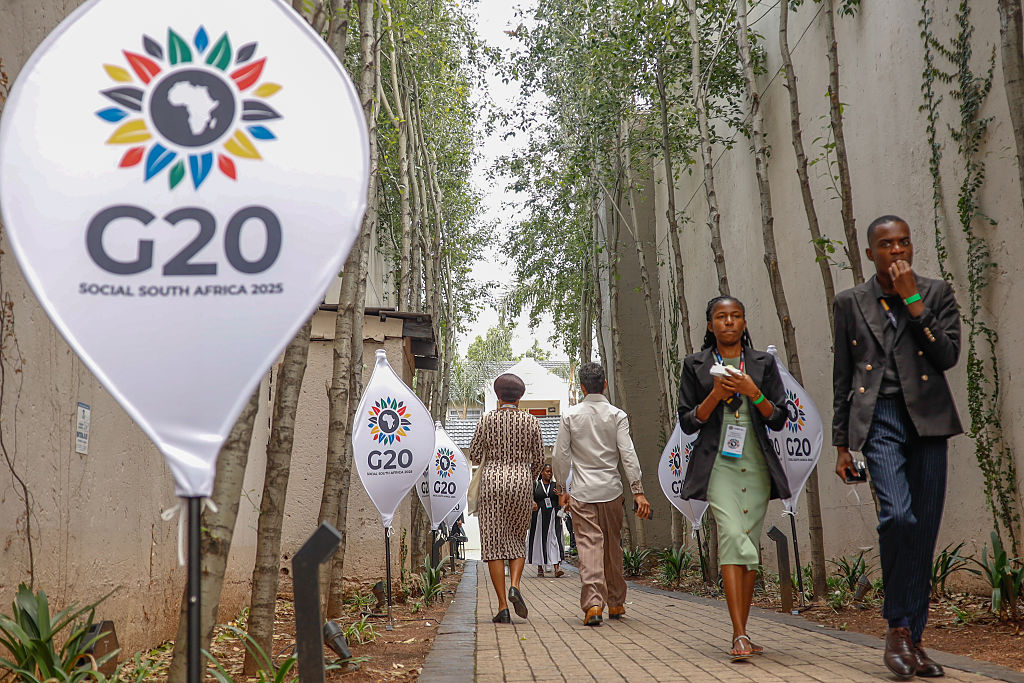The Group of Twenty (G20) has evolved into one of the world’s most influential platform for international economic cooperation, shaping policies that affect more than 80% of the global economy. Established in 1999 in the aftermath of the Asian financial crisis, the forum began as a platform for finance ministers and central bank governors to discuss global financial stability. Over the years, its mandate has expanded dramatically to cover issues such as climate change, sustainable development, energy security, health systems, anti-corruption, trade, digital transformation, and gender equality.
After the 2007-08 global financial crisis, the G20 was elevated to the leaders’ level, cementing its status as the premier forum for managing international economic challenges. The bloc comprises 19 major economies and two regional organisations—the European Union and, since 2023, the African Union. Together, they represent around 85% of global GDP, more than 75% of global trade, and nearly two-thirds of the world’s population.
The G20 operates without a permanent secretariat; instead, its presidency rotates annually among groups of countries divided across five regional clusters. The agenda is advanced through two parallel tracks: the Finance Track, led by finance ministers and central bank governors, and the Sherpa Track, led by each country’s Sherpa, who coordinates negotiations and policy development across multiple working groups. Engagement groups drawn from civil society, youth, businesses, labour unions, researchers, and women’s groups provide recommendations to shape the G20’s policy outcomes.
As global challenges – from debt distress to climate vulnerability – grow more complex, the G20 continues to play a foundational role not only in stabilising the world economy but also in driving global commitments such as the 2030 Agenda for Sustainable Development and the Pact for the Future.














